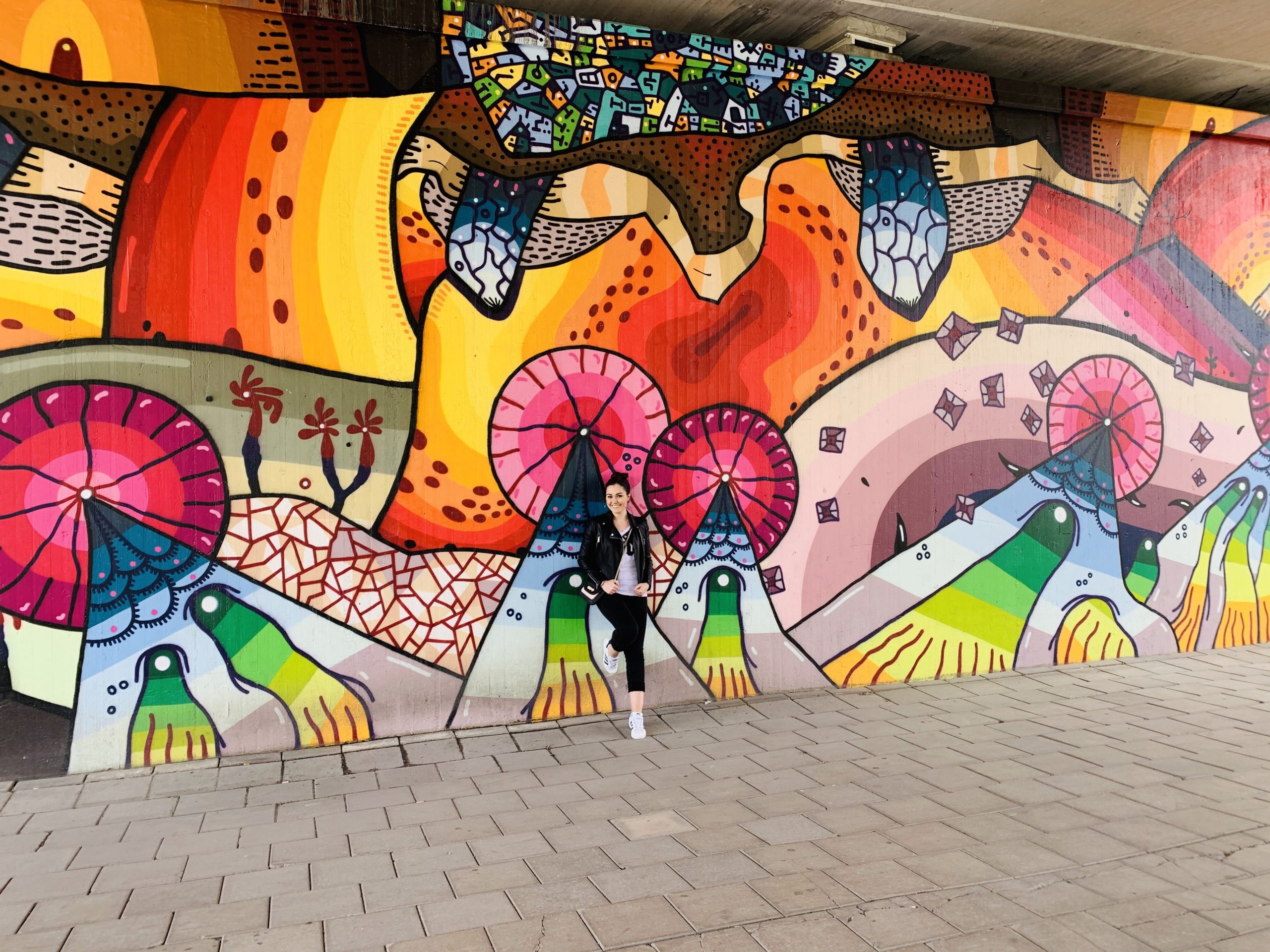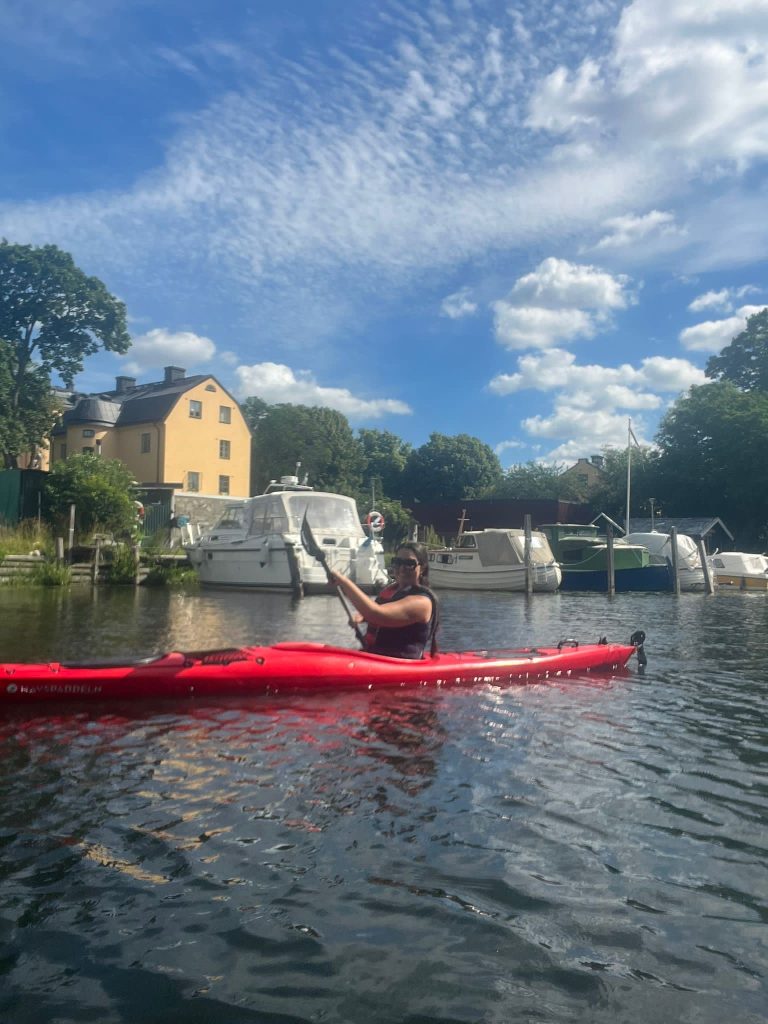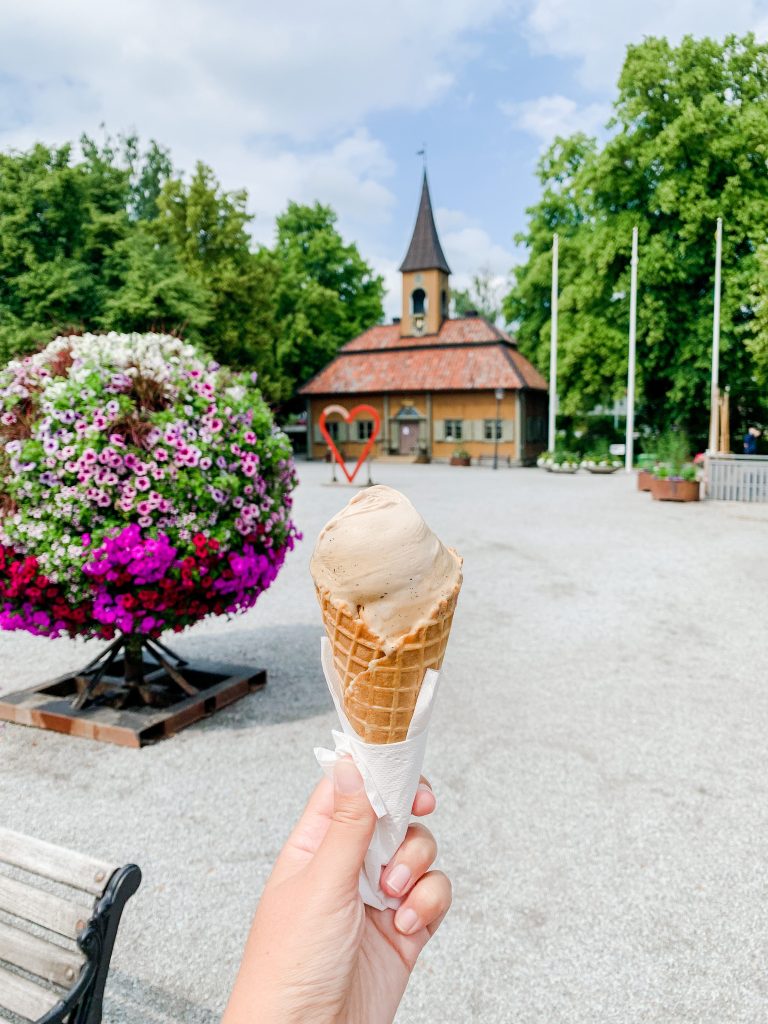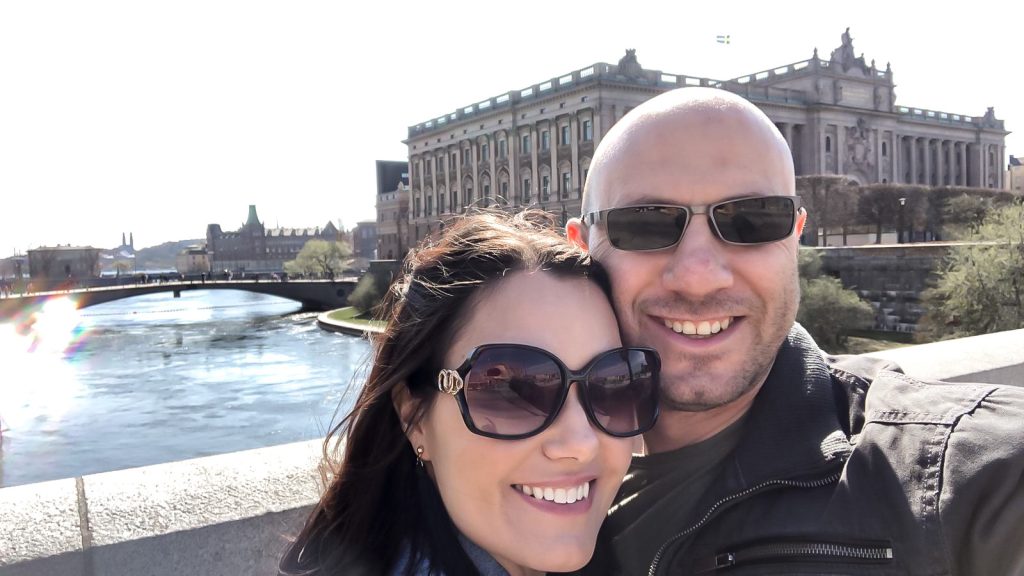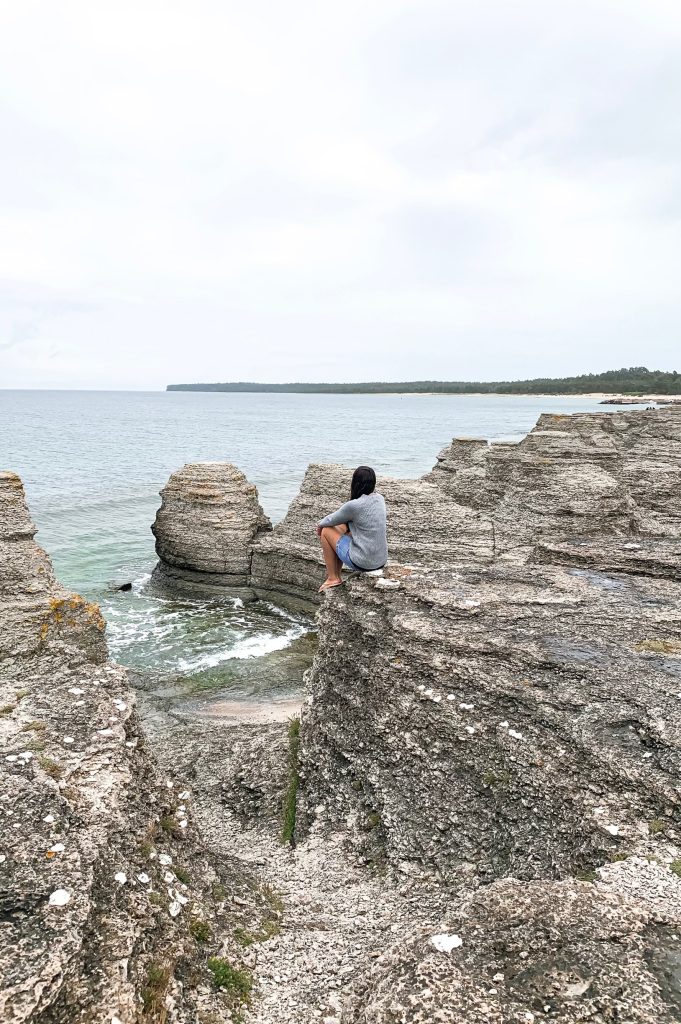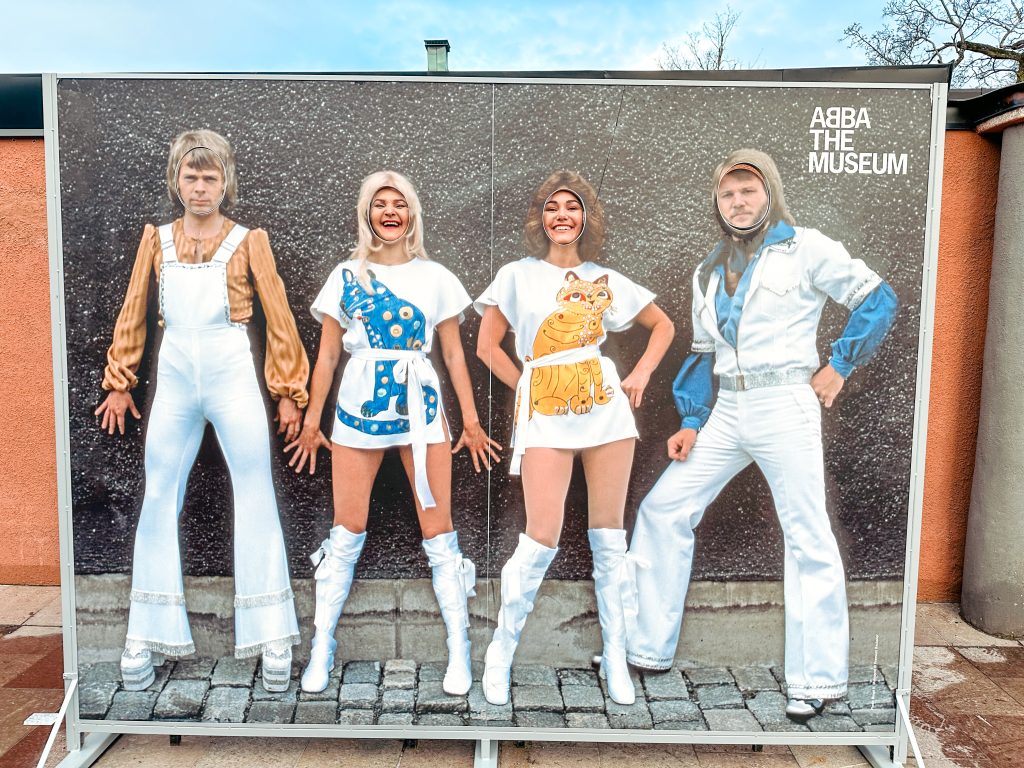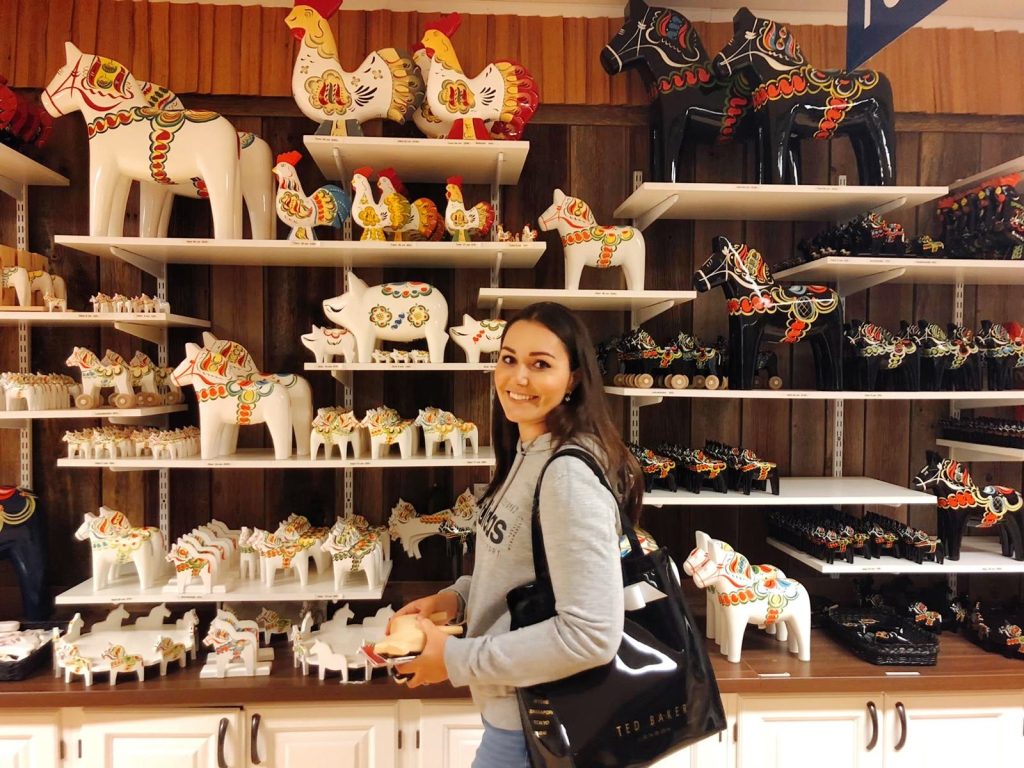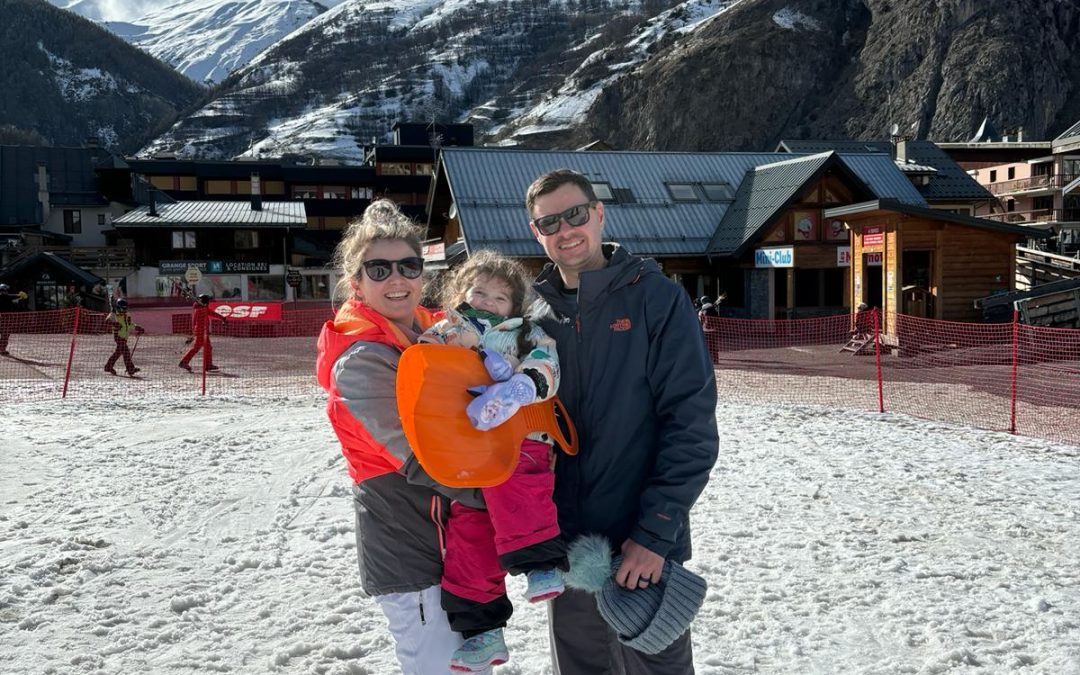In Out and about we talk to people who currently live abroad, or have lived and worked there. This week, we talk to Lize-Mari, who lives in Sweden.
Hello, Lize-Mari. Where in South Africa are you from, and why did you move to Sweden?
My husband and I grew up in the bushveld, and after we got married, we went to Centurion. He worked for an international company all these years and often travelled to Sweden for work. That’s how he fell in love with the country. A search for safety and better opportunities drove us. He applied, got a job in Sweden, and we took the chance. As a young girl, I always said that I wouldn’t live in South Africa forever and ever, so this was my “dream come true”.
You mentioned that the first year in Sweden was challenging. Do you have a survival list with tips for people experiencing the same challenges?
Challenges are certainly at the top of the list when emigrating from South Africa, and although I don’t have a long survival list, I do have one big life lesson: “Put your pride in your pocket.” It might be different and easier to move to another country where they speak and understand English and where the cultures are not worlds apart, but if Sweden is the country you and your family have decided on, things are a little different If people are willing to help, even if they are people from other countries or fellow South Africans, make use of that help even if they are strangers and no matter how difficult it is. We were told to avoid South Africans, but today I’m thankful I didn’t listen. It’s mostly the South Africans in Sweden who gave us advice, who patiently explained to us how things work, who welcomed us with open arms and who were so good to us. We were also blessed with helpful people at work, but that’s not everyone’s reality. We moved to Sweden with only a few suitcases and boxes of personal items. We chose to quickly buy our own place, which came with its own challenges. For months we slept on borrowed inflatable mattresses, and in the mornings we ate breakfast on borrowed picnic chairs. Slowly but surely we built a new life. Those things people who have been through this won’t tell you because it is just too humiliating. You feel ashamed, but if you persevere, I believe that one day you will be able to share your story too and help others.
You have lived in Sweden for four years now. Tell us how you experienced the emigration process. Was it a big adjustment? Was it a culture shock, and is the work culture very different?
I may sound dramatic now, but it was much more than a shock and a big adjustment. Unfortunately, I didn’t go through the honeymoon phase, even though I really wanted to emigrate. It honestly felt like a large part of me had died; I woke up in a new world as a new person and had to learn to do everything from scratch without my mom’s hand and guidance. I had to learn to talk to people differently, listen to people differently, respond differently, and the list goes on and on. I still remember how, in the beginning, I couldn’t open a window and just burst into tears. I greeted strangers on the street and got strange looks. When I finally started working for a company with schools across the country, I started almost every sentence with: “Hi, I’m from South Africa,” even if people at conferences only wanted to know from which school in the country I was coming. I thought everyone was weird, but I certainly was much “weirder” than them. Today, I giggle when I think back. I often think, wow, I’ve come a long way and learned a lot.
Tell us more about your work. What does a typical day look like? Is life more peaceful there, and do you have more time to relax and travel?
Life in Scandinavia is calmer for a large group of people, and we were told in the beginning that everything is slower and more relaxed, that everything should be “lagom” (moderate). This means nothing should be too much or too little; basically, just like Goldilocks likes her porridge. Depending on where you work, life in Sweden is very peaceful. For me, as a teacher at a school, this is not really the case. I definitely work much harder and more hours than in South Africa. The only significant advantage is the regular holidays, but it’s just to breathe and regain strength until the next holiday. On a typical day, I drive about 30 minutes to work, start lessons between 08:10 and 08:30 and work until 16:00 or 16:30 before heading home again. We must also work 10 hours a week from home, mostly planning and preparing lessons, so your work week doesn’t end after 40 hours. Here, no one can say that teachers don’t work hard and get a lot of vacation; we have to make up the hours! One big difference for me personally is that I feel my work has meaning and that what I do matters. I also feel our school is much more focused on learners’ holistic well-being and not just academics. Building a good relationship with learners is of crucial importance. Each teacher is also a mentor for a group of students. I am the leader of the grade 6 group, so I have even more responsibility, which also takes up a lot of my time. Of course, all teachers in Sweden do not experience everything the same, and education certainly has its challenges too. I am really looking forward to the summer vacation’s seven weeks of rest and preparation for the new school year!
How does the school system in Sweden differ from that in South Africa?
My knowledge of exactly how the school systems in Sweden and South Africa differ is not one hundred per cent accurate. The biggest differences I can think of are that the days are longer, that extracurriculars usually take place late in the afternoon, in the evening or over weekends, even on Sundays, and that they usually involve extra costs because the schools do not offer them. The grades (in Sweden we call them years) are also different. Years F-9 (grade R to grade 9) are compulsory and can be together in one school building, whereas in South Africa, they would be separate schools. In Sweden we have förskola (preschool/kindergarten), lågstadiet (primary school – years 1 to 3), mellanstadiet (middle school – years 4 to 6) and högstadiet (high school – years 7 to 9). Gymnasium (years 10 to 12) is optional. The focus is also much more on playing when they are younger, and many adjustments are made for students with learning difficulties, much more than I was used to.
You mentioned that there are a lot of South Africans in Sweden and that you are incredibly proud of your language and culture. What do your Afrikaans roots mean to you?
My husband calls it my newfound patriotism: turning my head with excitement when I hear Afrikaans in any country other than South Africa and then introducing myself; the braai fire in the snow with boerewors and braaibroodjies (grilled bread) over the coals; the cheering with strangers in green jerseys in the streets of Gamla Stan when the Amabokoboko score a try; to speak Afrikaans at work with fellow South Africans. It’s so lekker!
Are there any South African shops, restaurants or other businesses nearby that you like to support?
Thank goodness for South African businesses in Sweden! I haven’t tried them all out yet, but I regularly order various products from The Springbok Shelf and enjoy Bush Candy‘s biltong. My best tip is to join the local Facebook page in the country. That’s where I get a lot of information about anything from South African products to where we can watch rugby.
What do you miss most about South Africa?
I think I will be able to give a shorter answer to the question of what I don’t miss about South Africa because, after four years, I still long for many more things than I can mention in an e-mail. I miss the warm African sun and the red soil under my feet on the farm road. I miss the big cappuccinos at Mugg & Bean and Chuckles from Woolworths. I miss the friendly smile of a gas station attendant and that I could chat with anyone behind the counter, asking how they were doing. I miss the smell of rain in the Bushveld, the Big Five and KwaZulu-Natal’s beaches. I miss Afrikaans church. I miss my mom and dad’s hugs. And then I physically miss things too, like my best friend’s wedding, birthday parties of my friends’ children and my cousin’s matric farewell. No matter how happy I am here, I will always walk around with a void.
What interesting things have you discovered about the country you live in that you didn’t know before?
Living and working in Sweden has taught me a lot, and I learn something new every day. Sweden had a big influence on South Africa that many people are not aware of, such as that a Swedish man named Anders Ohlsson played a big role in the brewing industry in South Africa. Babies are left to sleep in their prams on the verandas during the winter, apparently because it is believed that they sleep better and are less affected by colds and other illnesses. The northern lights can be seen from Stockholm; it appears suddenly and can disappear again within a few minutes. I was also surprised at how few Swedish people smoke, only to discover they “snus” (chew tobacco). I could list many more interesting things, but it’s definitely better to come and experience them yourself!
Would you like to share anything else with us?
I often hear from people who find adapting to Sweden difficult. Please do yourself a favour and reach out. Many of us are willing to help and listen or try to offer support in some way. Yes, it might not turn into a friendship, and you’ll meet people who are not your cup of tea, but they might be the people you need in your life during that particular season. I am always willing to meet new people or answer questions when people move to Sweden. The more options you have, the more you can learn from different people, and the better you can decide what works for you. People can contact me on Instagram at @halwe_wereld_weg
ALSO READ: Out and about: e-mail from Abu Dhabi
Write to us
Do you live abroad, or have you recently returned from abroad? Then you too can write us an Out and about column. Send an e-mail to wereldwyd@afriforum.co.za and we will send you questions to answer.

